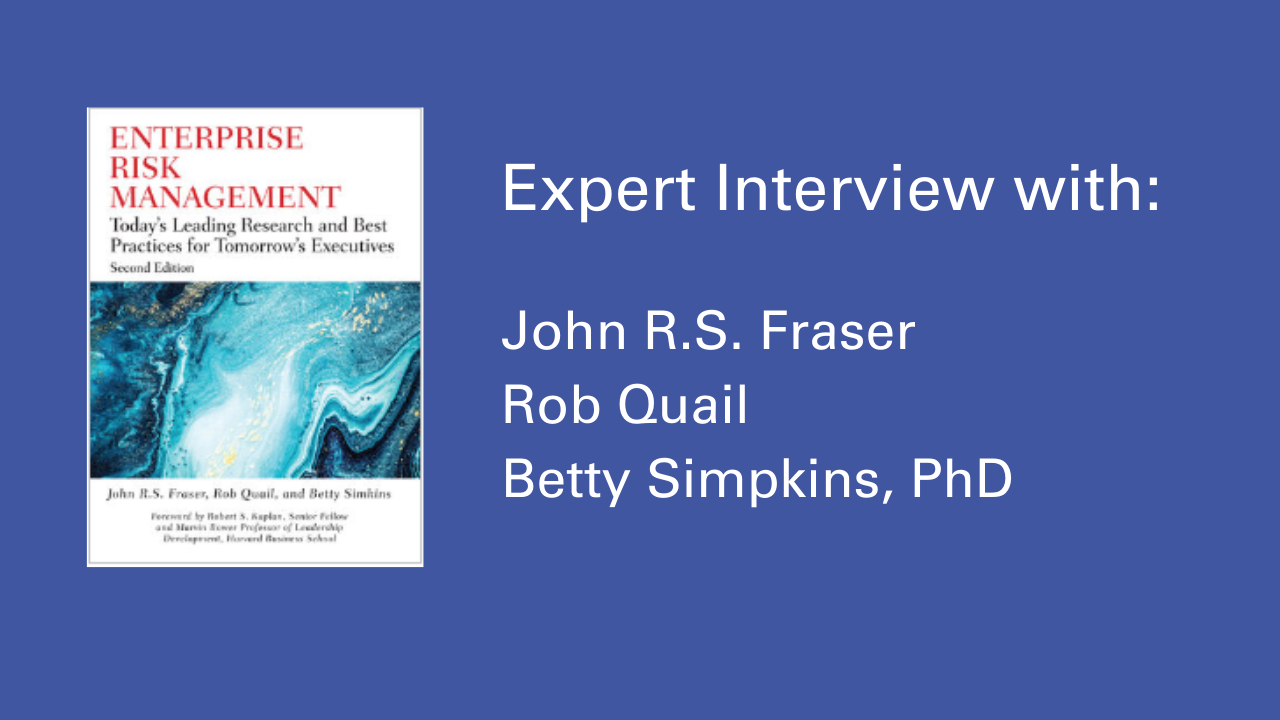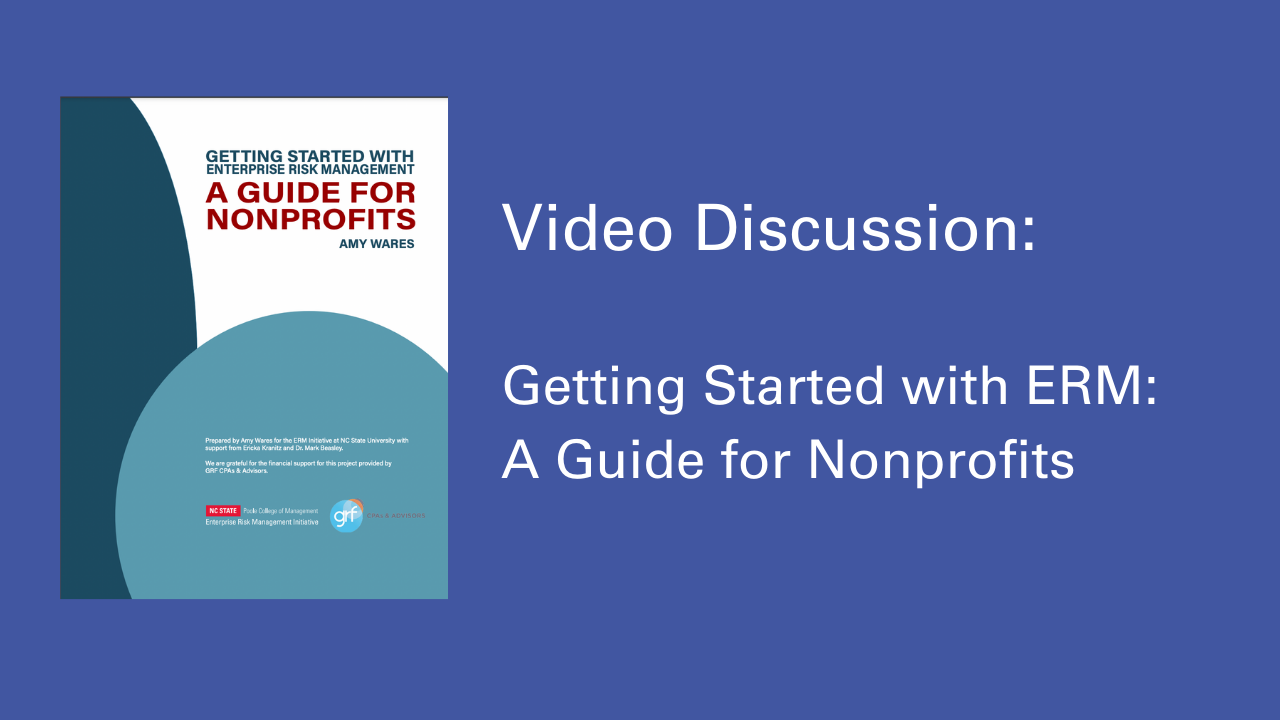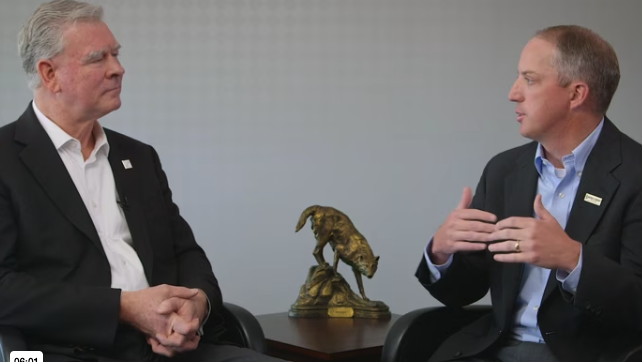Aug 31, 2021
Mitigating Supply Chain Disruptions and Building Resilience
Global supply chains are larger and more complex than ever. At the same time disruptions that affect supply chains have grown more frequent and severe, exposing vulnerabilities. Companies and policy makers are reconsidering how to assess, analyze and mitigate risk exposure to bolster supply chain resiliency to shocks like financial crises, terrorism, extreme weather and pandemics. McKinsey Global Institute's (MGI's) report, Risk, Resiliency, and Rebalancing in Global Value Chains, explores factors leading to global supply chain risk, financial implications of shocks and guidance for building supply chain resiliency. Check out this summary of the key findings.


